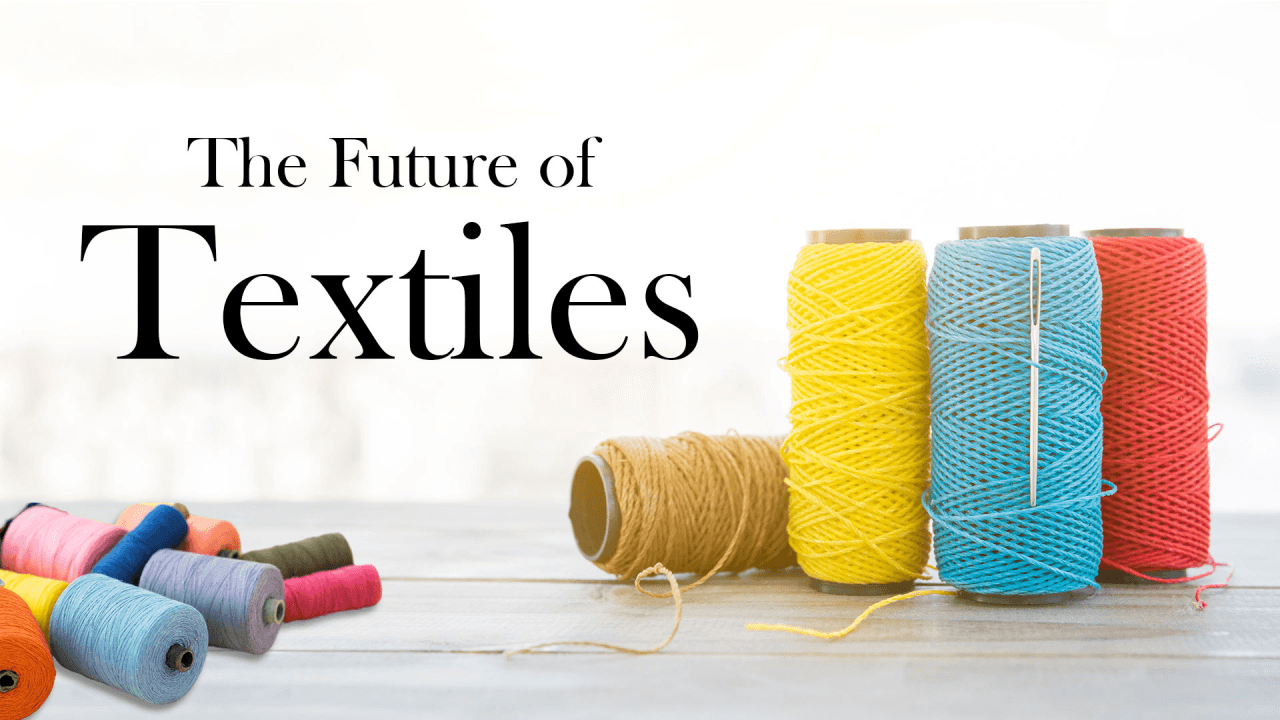
The fashion and textile industry is constantly evolving, driven by technological advancements, sustainability efforts, and changing consumer demands. As global markets shift towards eco-friendly practices, digital innovation, and ethical sourcing, businesses must stay ahead to remain competitive.
In this article, we’ll explore the latest trends shaping the fashion and textile industry, the impact of technology, and what the future holds for fabric manufacturers, designers, and retailers.
1. The Rise of Sustainable Textiles
Sustainability is no longer a niche concept—it’s a necessity. Consumers are demanding transparency and eco-friendly alternatives, pushing brands and manufacturers to adopt responsible practices.
Key Sustainable Trends:
- Eco-Friendly Fabrics: Organic cotton, bamboo, hemp, and recycled polyester are gaining popularity.
- Zero-Waste Production: More brands are adopting circular fashion models to minimize waste.
- Biodegradable Textiles: Innovations like mushroom leather and bio-based fabrics are reducing fashion’s environmental impact.
- Waterless Dyeing & Digital Printing: These processes save water and reduce pollution in fabric production.
Example : Brands like Patagonia and Stella McCartney are leading the way in sustainable fashion with their commitment to eco-friendly materials.
2. Smart Fabrics & Wearable Technology
The integration of technology into textiles is transforming how we use fabrics. From temperature-regulating materials to self-cleaning textiles, smart fabrics are redefining the industry.
Latest Innovations:
- Temperature-Adaptive Fabrics: These materials adjust to body temperature for comfort.
- Self-Healing Textiles: Researchers are developing fabrics that repair minor tears automatically.
- Health Monitoring Wearables: Smart fabrics embedded with sensors can track vital signs.
- UV & Pollution Protection: Advanced coatings are helping fabrics block harmful UV rays and pollutants.
Example: Nike and Under Armour have introduced moisture-wicking, temperature-regulating sportswear that enhances athletic performance.
3. Digital Transformation in Fashion & Textiles
The fashion industry is embracing digitalization to improve efficiency, reduce costs, and enhance the customer experience.
Key Digital Trends:
- AI & Data-Driven Design: AI is helping designers predict fashion trends and create innovative designs.
- 3D Printing in Textiles: From couture dresses to footwear, 3D-printed fabrics are revolutionizing production.
- Virtual Fitting Rooms & AR Shopping: Online shoppers can now try clothes virtually before purchasing.
- Blockchain for Supply Chain Transparency: This technology helps track a product’s journey from raw material to finished garment.
Example: Brands like Adidas use AI-powered design tools, while Gucci offers virtual try-on experiences for online shoppers.
4. The Shift Toward Ethical Fashion
With increasing awareness of labor rights and ethical sourcing, brands are being held accountable for their supply chain practices.
Ethical Fashion Trends:
- Fair Trade & Ethical Sourcing: Consumers prefer brands that ensure fair wages and safe working conditions.
- Slow Fashion Movement: A response to fast fashion, promoting high-quality, long-lasting garments.
- Second-Hand & Rental Fashion: Resale platforms and rental services are gaining traction as sustainable alternatives.
Example: Thrift and resale platforms like ThredUp and Rent the Runway are thriving as consumers seek sustainable options.
5. The Future of the Fashion & Textile Industry
The next decade will bring even more innovation and sustainability efforts in the textile and fashion industry. Here’s what to expect:
- More investment in bio-fabrication and lab-grown textiles.
- Increased automation and AI-driven design processes.
- A stronger push for localized and ethical production to reduce carbon footprints.
- Greater adoption of digital fashion and virtual clothing in the metaverse.
Conclusion
The fashion and textile industry is undergoing a massive transformation, driven by sustainability, technology, and ethical considerations. Whether you’re a designer, manufacturer, or retailer, staying ahead of these trends is crucial for long-term success.
At Wes Fabrics, we stay at the forefront of industry innovations, offering high-quality textiles to meet the changing demands of the global market. Explore our marketplace today and be part of the future of fashion!




